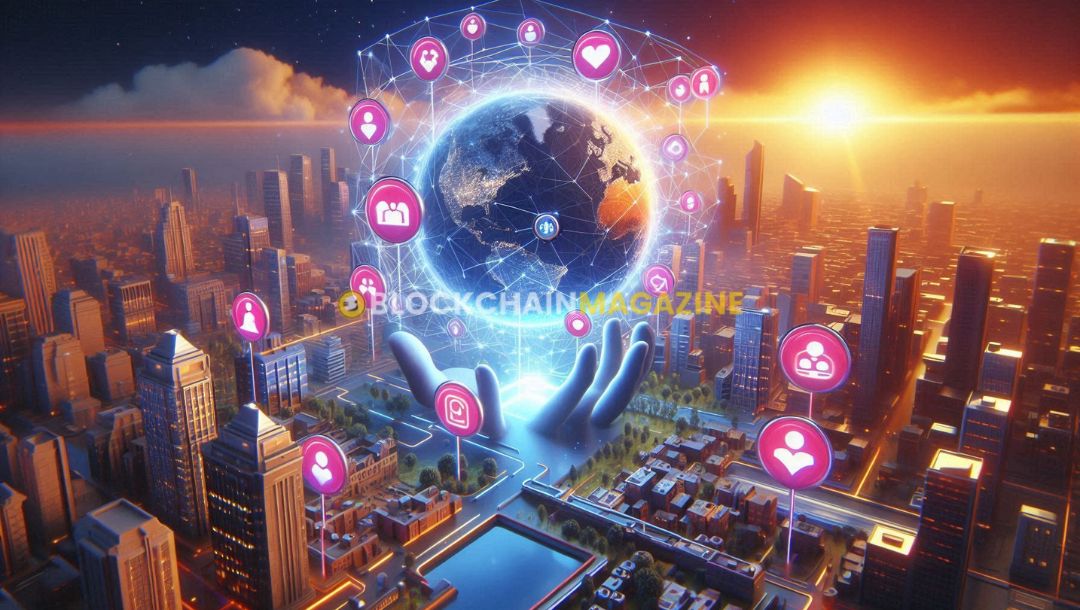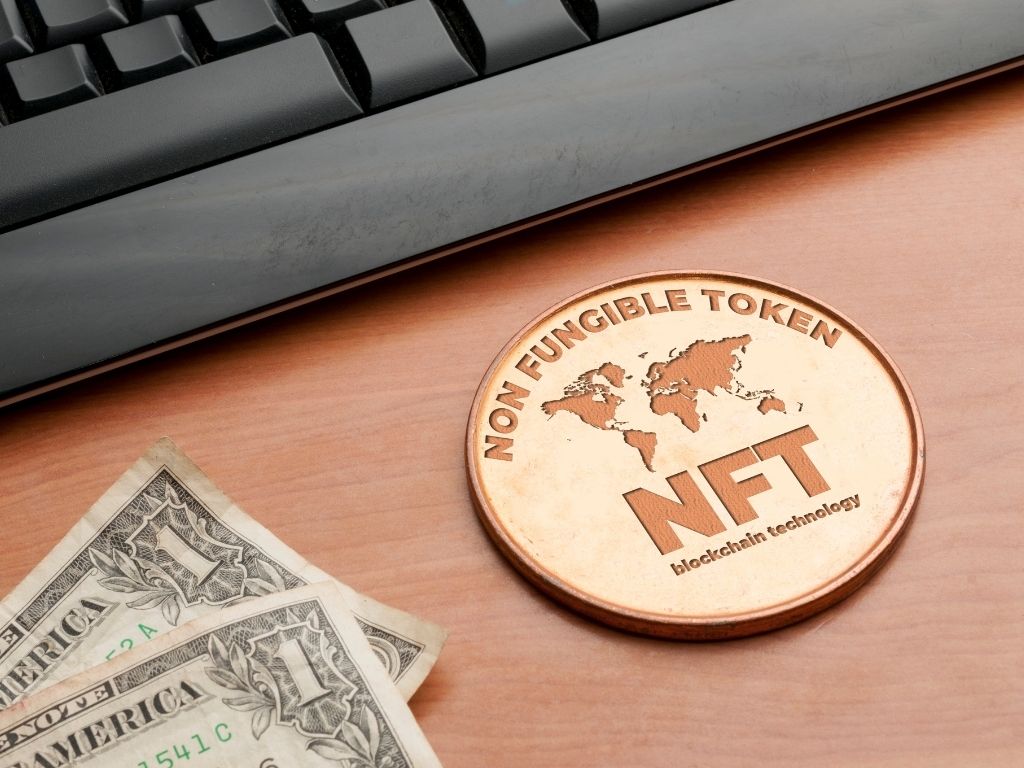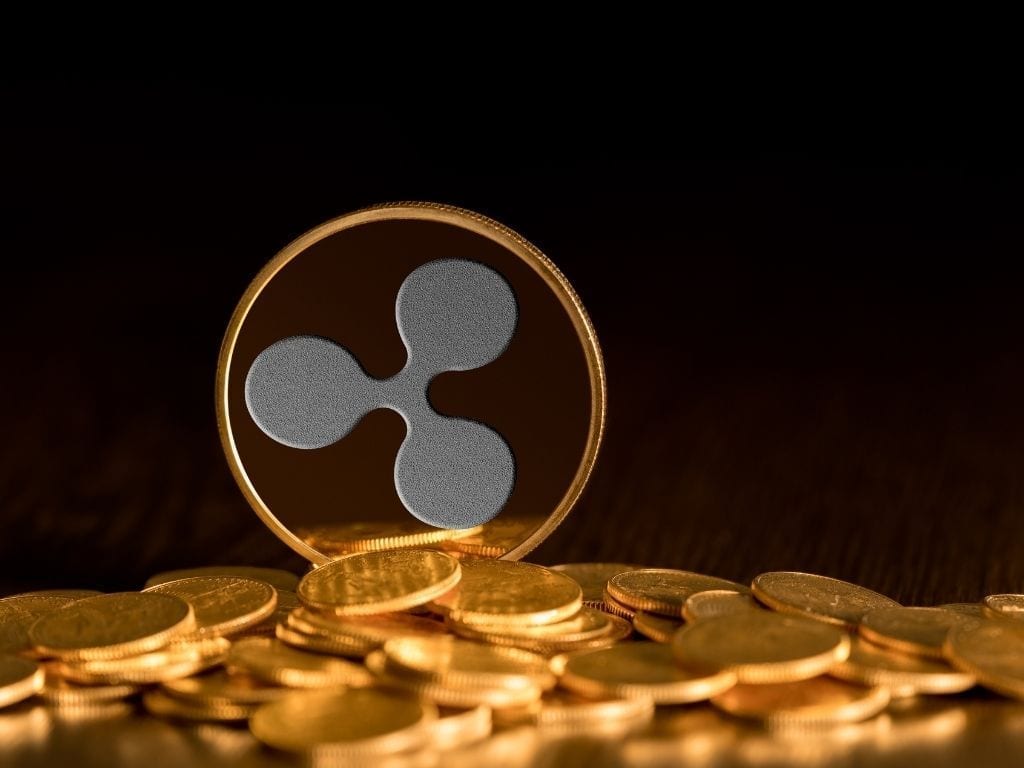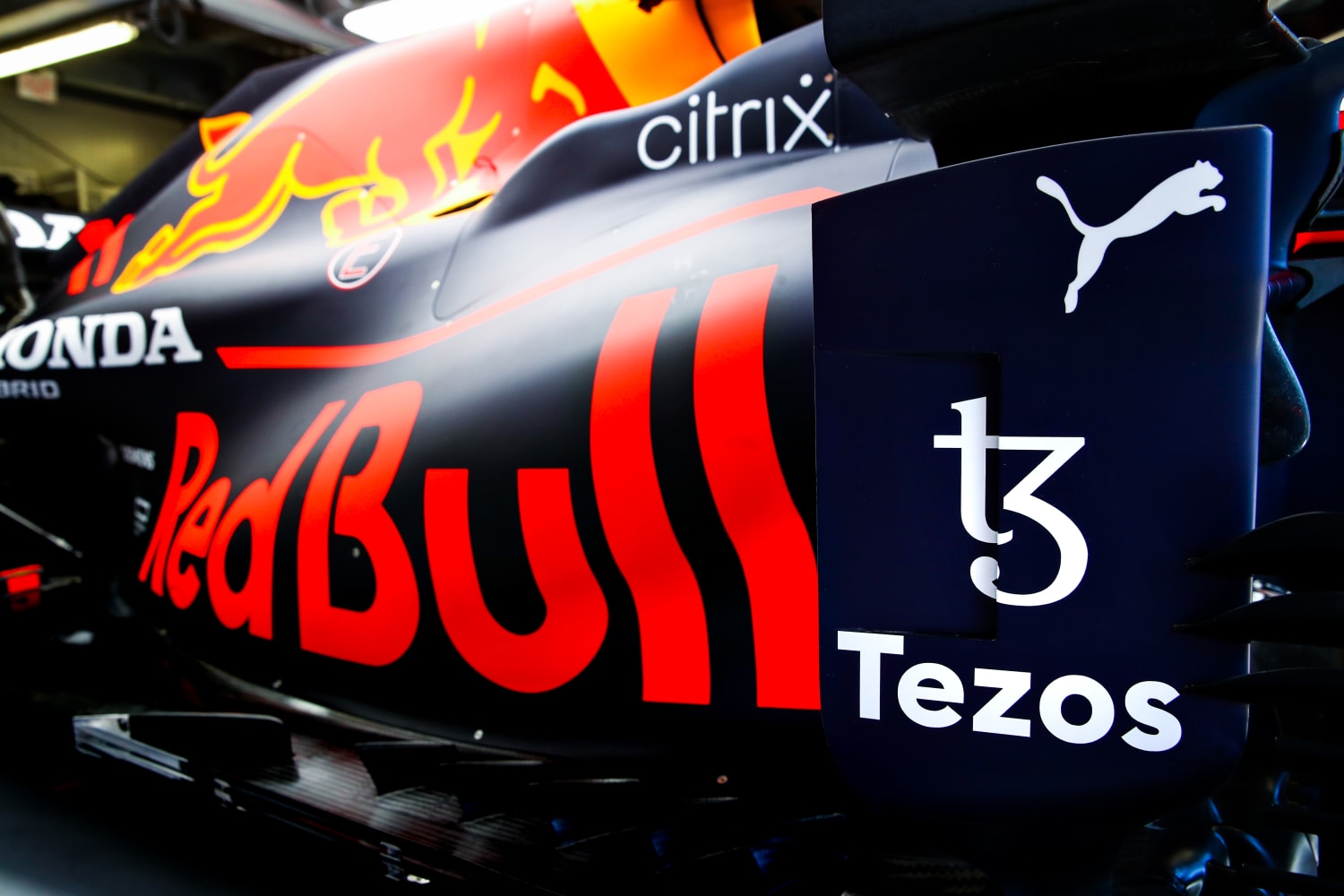The Future of NFTs: Intriguing Integration of NFTs with Real-World Assets
As we look toward 2024, the world of Non-Fungible Tokens (NFTs) is rapidly changing. From their beginnings as digital collectibles, NFTs are evolving into tools with real-world applications. This article explores what’s next for NFTs, focusing on new uses, technology improvements, and how they might fit into our everyday lives.
Key Takeaways
- NFTs are expanding beyond digital art into music, real estate, and fashion, showing their versatility.
- Connecting NFTs with real-world assets can make investing easier and more accessible for everyone.
- Technological improvements like faster blockchains and lower fees will help more people use NFTs.
- Celebrity endorsements continue to play a big role in making NFTs popular and mainstream.
- Clearer rules and protections are needed to ensure the NFT market is safe and stable.
Emerging Use Cases for NFTs in 2024
NFTs in Music and Entertainment
NFTs are set to revolutionize the music and entertainment industries in 2024. Artists can now sell exclusive content directly to fans, creating a more personal connection. This shift allows musicians to earn more while giving fans unique experiences. For example:
- Exclusive album releases
- Virtual concert tickets
- Unique merchandise tied to NFTs
NFTs in Real Estate
The real estate market is also embracing NFTs. By tokenizing properties, buyers can own a fraction of a property, making real estate investment more accessible. This method provides:
- Proof of ownership through blockchain
- Easier transactions without intermediaries
- Opportunities for fractional ownership
NFTs in Fashion
Fashion brands are exploring NFTs to enhance customer engagement. They can offer digital wearables or limited-edition items that exist both physically and digitally. This trend includes:
- Virtual fashion shows
- Digital clothing for avatars in virtual worlds
- Proof of authenticity for luxury items
NFTs are not just a trend; they are reshaping how we think about ownership and value in various industries.
As we move into 2024, the potential for NFTs to create new experiences and opportunities is vast, making them a key player in the future of digital assets.
Integration of NFTs with Real-World Assets
Tokenization of Physical Assets
NFTs are changing how we think about real-world assets. By turning physical items into digital tokens, we can make them easier to buy and sell. This process is called tokenization. For example, a house can be represented as an NFT, allowing multiple people to own a part of it. This opens up new investment opportunities for many people.
Cross-Border Investments
With NFTs, investing in assets across borders becomes simpler. Here are some benefits of this integration:
- Instant transactions: No need for long waits or complicated processes.
- Access to global markets: Investors can easily explore opportunities worldwide.
- Increased liquidity: Assets can be sold quickly, making them more appealing.
Fractional Ownership of High-Value Items
Fractional ownership allows many people to invest in expensive items, like art or luxury cars. This means:
- Lower investment barriers: More people can participate in high-value markets.
- Shared ownership: Investors can own a piece of something valuable without buying it outright.
- Potential for profit: As the value of the asset increases, so does the investment.
The future of real-world assets with blockchain, NFTs, and the metaverse is bright. This technology can enhance transparency and democratize investment opportunities, making markets more accessible and efficient.
Technological Advancements Driving NFT Growth
Blockchain Scalability Improvements
The growth of NFTs is heavily influenced by blockchain scalability. As more people use NFTs, the demand for faster and more efficient transactions increases. New technologies are being developed to handle this demand, making it easier for users to buy and sell NFTs without delays.
Lower Transaction Fees
Another key factor is the reduction in transaction fees. High fees can discourage users from participating in the NFT market. Innovations in blockchain technology are helping to lower these costs, making NFTs more accessible to everyone.
Development of Sidechains and Alternative Blockchains
The rise of sidechains and alternative blockchains is also significant. These technologies allow for faster transactions and lower fees, which can enhance the overall user experience. Here are some benefits of these developments:
- Faster transactions: Users can complete trades quickly.
- Lower costs: Reduced fees encourage more participation.
- Increased security: Enhanced protocols protect users’ assets.
As the NFT market evolves, these technological advancements are crucial for its growth and sustainability.
In summary, the future of NFTs looks promising with these technological improvements paving the way for broader adoption and innovative use cases. The combination of scalability, lower costs, and new blockchain solutions will likely drive the NFT market forward, making it an exciting space to watch in 2024.
The Role of Celebrity Endorsements in NFT Popularity
Influence of High-Profile Figures
Celebrity endorsements have become a major force in the NFT world. By leveraging their fame and influence, these celebrities have brought NFTs into the mainstream, attracting a broader audience to the world of digital ownership. High-profile figures like Snoop Dogg and Paris Hilton have not only created their own NFTs but have also promoted various projects, making them more appealing to fans.
Celebrity-Driven NFT Projects
Many celebrities are launching their own NFT projects, which often include exclusive content or experiences. Here are some notable examples:
- Snoop Dogg: Released a collection of music-related NFTs.
- Paris Hilton: Created digital art pieces that reflect her personal brand.
- Elon Musk: Teased NFT projects that capture his unique vision.
These projects often generate significant buzz and can lead to increased sales and interest in NFTs overall.
Impact on Market Perception
The presence of celebrities in the NFT space can shift public perception. When well-known figures endorse NFTs, it can lead to:
- Increased trust in the technology.
- Greater media coverage and visibility.
- A surge in new users entering the market.
In summary, celebrity endorsements play a crucial role in shaping the NFT landscape, making it more accessible and appealing to a wider audience.
The influence of celebrities can be a game-changer, helping to legitimize NFTs and drive their adoption in various sectors.
Regulatory and Legal Considerations for NFTs
Need for Regulatory Clarity
As the NFT market grows, clear regulations are essential to ensure a safe environment for buyers and sellers. Without proper guidelines, many participants may face risks, including scams and legal issues. Regulatory bodies are starting to pay attention, and it’s crucial for the industry to adapt.
Consumer Protection Measures
To protect consumers, NFT platforms must implement measures such as:
- Robust verification processes to confirm the authenticity of NFTs.
- Clear terms of service that outline rights and responsibilities.
- Support systems for users who encounter issues or scams.
Impact on Market Stability
The lack of regulations can lead to market instability. For instance, if wash trading continues unchecked, it can distort the true value of NFTs. Addressing these issues is vital for maintaining trust and encouraging more people to participate in the market.
The NFT landscape is evolving, and a solid regulatory framework is key to fostering a reliable ecosystem. This will help propel the industry towards sustainable growth.
In summary, as we approach 2024, the NFT market must prioritize regulatory clarity to navigate the challenges and opportunities ahead. Understanding these dynamics is essential for both investors and policymakers, especially as the market is projected to grow significantly in the coming years.
Community and Cultural Impact of NFTs
Building Digital Communities
NFTs are creating new digital communities where people can connect over shared interests. These communities often revolve around specific projects or themes, fostering collaboration and creativity. The sense of belonging is strong, as members engage in discussions, share their collections, and participate in events.
Cultural Shifts in Digital Ownership
The rise of NFTs is changing how we view ownership in the digital world. People are beginning to see digital assets as valuable, leading to a cultural shift. This change is not just about collecting; it’s about recognizing the importance of digital rights and the uniqueness of each asset. NFTs are redefining what it means to own something online.
Engagement Through Creative Collaborations
Collaborations between artists, brands, and communities are becoming more common. These partnerships help to promote creativity and innovation. Here are some key points about these collaborations:
- Increased visibility for artists and their work.
- New revenue streams for creators and brands.
- Broader acceptance of NFTs in mainstream culture.
NFTs are not just a trend; they are reshaping how we interact with art and each other in the digital space. The future looks bright as communities continue to grow and evolve.
Highlight
The blockchain community is harnessing blockchain growth, emphasizing the importance of active communities in supporting projects. As the NFT landscape evolves, the role of these communities will be crucial in shaping the future of technology.
Predictions and Speculations for the NFT Market
Potential Market Resurgence
The NFT market is showing signs of a potential comeback in 2024. Analysts believe that as the market matures, it will shift from mere speculation to value-driven use cases. This means that NFTs will be more about real-world applications rather than just collectibles.
Value-Driven Use Cases
Here are some key areas where NFTs might find more practical applications:
- Gaming: NFTs can represent in-game assets, giving players true ownership.
- Virtual Real Estate: Buying and selling virtual land could become more mainstream.
- Digital Collectibles: Unique items that have real value and utility.
Expert Opinions on Future Trends
Experts have varying views on the future of NFTs. Some predict that NFTs will become a standard part of the internet infrastructure, while others believe they will evolve alongside the broader crypto market. Here’s a summary of their thoughts:
- Amanda Crain: NFTs will likely become essential in the digital landscape.
- Peter James: As the crypto industry matures, NFTs will follow suit.
- Forbes Reports: Innovative projects focused on long-term utility will reignite interest in NFTs.
The NFT market is evolving, and with it comes the opportunity for new and exciting developments.
In conclusion, the future of NFTs in 2024 looks promising, with a focus on practical applications and a shift towards sustainable growth. The market is ready for a transformation, and it will be interesting to see how these predictions unfold.
Conclusion
As we look ahead to 2024, the future of NFTs seems promising despite the ups and downs of the past few years. The market is expected to grow, driven by new uses and the involvement of well-known figures. NFTs are moving beyond just digital art, finding their place in music, real estate, and even gaming. This shift shows that people are starting to see the real value in owning digital items. Education will be key in helping everyone understand how NFTs can change the way we own and share things online. With more focus on practical uses and better technology, NFTs could become a big part of our digital lives, making them more accessible and useful for everyone.
Frequently Asked Questions
What are NFTs?
NFTs, or Non-Fungible Tokens, are unique digital items verified using blockchain technology. Unlike regular money or cryptocurrencies, each NFT is one-of-a-kind.
How are NFTs used in music?
In music, NFTs can represent ownership of songs or albums. Artists can sell their music as NFTs, allowing fans to own a piece of their work.
Can NFTs be used in real estate?
Yes! NFTs can represent ownership of real estate properties. This makes buying and selling property easier and more transparent.
What does tokenization mean?
Tokenization means turning real-world items, like art or land, into digital tokens. This allows for easier trading and ownership sharing.
Why are celebrities interested in NFTs?
Celebrities use NFTs to connect with fans and create unique experiences. Their involvement helps make NFTs more popular and trusted.
How do NFTs impact digital ownership?
NFTs change how we think about owning digital things. They give proof that someone owns a digital item, which is important in art and gaming.
Stay informed with daily updates from Blockchain Magazine on Google News. Click here to follow us and mark as favorite: [Blockchain Magazine on Google News].
Get Blockchain Insights In Inbox
Stay ahead of the curve with expert analysis and market updates.
latest from tech
Disclaimer: Any post shared by a third-party agency are sponsored and Blockchain Magazine has no views on any such posts. The views and opinions expressed in this post are those of the clients and do not necessarily reflect the official policy or position of Blockchain Magazine. The information provided in this post is for informational purposes only and should not be considered as financial, investment, or professional advice. Blockchain Magazine does not endorse or promote any specific products, services, or companies mentioned in this posts. Readers are encouraged to conduct their own research and consult with a qualified professional before making any financial decisions. The featured image used is just a creative depiction of the title and it does not intend to hurt sentiments of any person or institution. If it hurts anyone sentiments, please do not hesitate to reach out to Blockchain Magazine.

 Bitcoin
Bitcoin  Ethereum
Ethereum  XRP
XRP  Tether
Tether  Solana
Solana  USDC
USDC  Dogecoin
Dogecoin  Cardano
Cardano  Lido Staked Ether
Lido Staked Ether  TRON
TRON  Wrapped Bitcoin
Wrapped Bitcoin  Chainlink
Chainlink  Wrapped stETH
Wrapped stETH  Avalanche
Avalanche  Sui
Sui  Stellar
Stellar  Toncoin
Toncoin  Shiba Inu
Shiba Inu  Hedera
Hedera  LEO Token
LEO Token  Hyperliquid
Hyperliquid  Litecoin
Litecoin  Bitget Token
Bitget Token  WETH
WETH  USDS
USDS  Polkadot
Polkadot  Bitcoin Cash
Bitcoin Cash  Ethena USDe
Ethena USDe  MANTRA
MANTRA  Wrapped eETH
Wrapped eETH  Uniswap
Uniswap  Pepe
Pepe  Monero
Monero  Ondo
Ondo  WhiteBIT Coin
WhiteBIT Coin  NEAR Protocol
NEAR Protocol  Aave
Aave  Mantle
Mantle  Official Trump
Official Trump  Dai
Dai  Aptos
Aptos  Internet Computer
Internet Computer  Ethereum Classic
Ethereum Classic  Bittensor
Bittensor  OKB
OKB  Cronos
Cronos  POL (ex-MATIC)
POL (ex-MATIC)  Gate
Gate 






